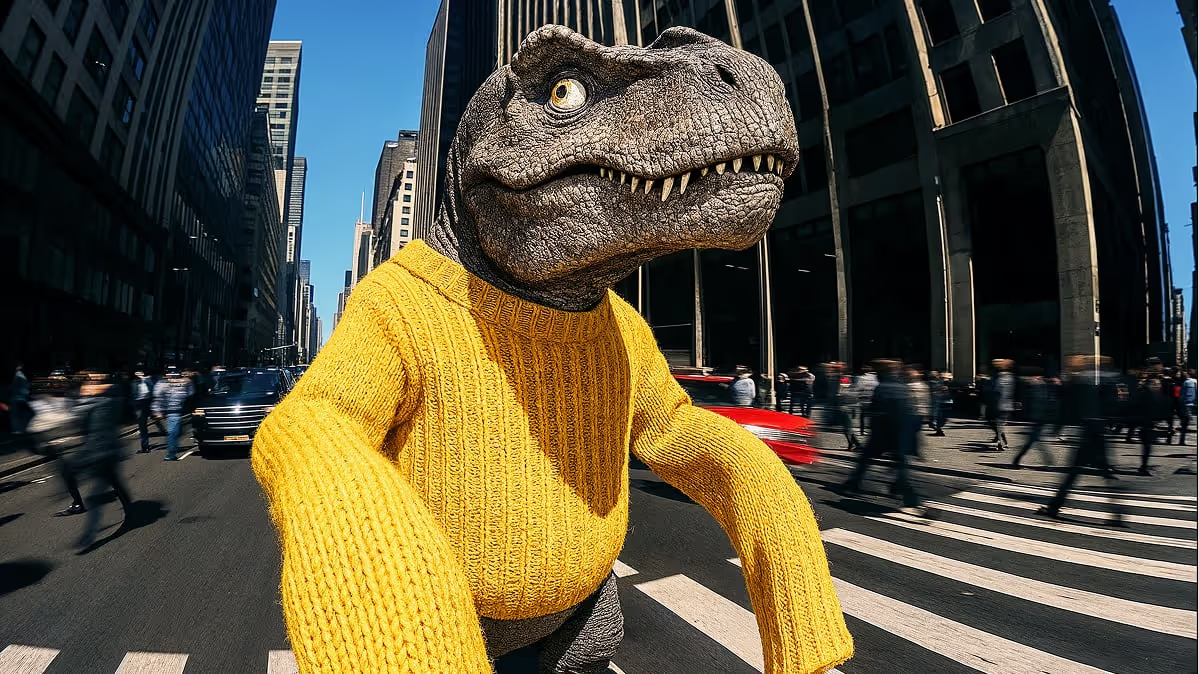
Prove You're Human


It’s the collective shrug we've all been giving for decades now.
We make fun of particularly active Internet users, calling attention to their mom’s basements, their vigorous drinking of Mountain Dew, their unusual body odor, the Cheetoh dust on their fingertips, the stringy beard hair that only seems to grow on their necks.
It’s a trope, well-engrained, that’s spread to the far corners of the earth.
But despite the tons of evidence to the contrary, we seem to truly struggle to admit that the internet affects us all, at all.
Boy, Everybody Is Stupid Except Me
We tell ourselves we're too smart to be manipulated.
We think we’re too savvy to be influenced, too strong-willed to be shaped by these spaces that — we must forget — we live in most of our waking hours.
And as somebody who has worked in top marketing departments for some 10 years, I can tell you that’s simply not true.
You’re getting got. Slowly, surely, consistently.
But that’s not even the worst of it.
Until quite recently, we took our time acknowledging the important stuff: stuff like teenage depression's linkage to social media use, or radicalization of the USA's electorate by outrage-optimizing algorithms. (Thankfully, some platforms have started to realize that they're somewhat responsible for societal ills.)
A certain lack of speed to admit these things has been bad enough for our societies, our species, even. But it gets worse. While humankind has been busy fighting the reality that the internet actually matters in reality and that there’s no real difference between the two — something truly fascinating, truly terrifying has happened:

The Forest Darkens
According to a May 2024 report from cybersecurity firm Imperva, over half of all web traffic now comes from bots. You read that right: HALF. Like the first or second part of the stuff you put in your coffee.
For the first time in history, we’re outnumbered. (Unless you count ants. There’s like trillions of those little bastards.)
As it turns out, 32% of the internet is classified as "bad bots,” as in automated systems designed to make synthetic content that convinces, deceives, or angers others.
And if you haven’t noticed lately… they’re getting better at doing all three.
I mean, remember when the scariest thing about the internet was the possibility that a super-attractive person flirting with you on Tinder might be catfishing? Back when we thought adding "#nofilter" to our obviously filtered Insta posts was the height of online sneakery?
Remember around January 2023, when AI art generators could barely draw a human face without making it look like the aftermath of a fire in a wax museum? By THAT AUTUMN, they were making images virtually indistinguishable from professional photography?
Here’s a doozy for you, from that study: Chances are really, really good that if you have argued with three randos on the internet, you have argued with a bot.
(Probably one that's been specifically designed to get you to hate your fellow citizens by a foreign threat actor.)
At a smaller less threatening scale, folks should be wondering if that hilarious comment-thread on the “sandwich-ness” of a hotdog is actually a conversation between two chatbots trying to optimize for engagement, or just two bored dumbasses.
They don’t.
And when that lack of let’s just call it Internet Awareness hits us harder, really convincing AI is going to make it all a whole lot worse.
The Sketchy Part Is The Whole Thing

The metaphor comes from the second book in Liu Cixin's science fiction trilogy, "The Three-Body Problem," where (like a literal dark forest) civilizations across the universe stay silent and hidden because revealing their whereabouts means certain destruction.
Sound familiar? Of course it does.

Think: Private Slack channels. Discord servers.
We're all trying not to attract the attention of predators: the bots, the scrapers, the algorithms, the trolls, the fakers, the astroturfers, and whatever else with fangs is out there. It’s just easier to grab your buds and start a big group text than venture out into a world that’s hellbent on eating you — or worse, stealing your money.
[Aside: if you thought it couldn't get more dystopian, Martin Gurri, a former CIA media analyst argued in "The Revolt of the Public," that the Internet has totally changed how we communicate and shattered our sense of shared reality. (Remember when you could read the news and feel like you had a grasp on "what's going on"? The notion seems… perfectly adorable now.)]
Yes, it’s a world where you're never quite sure if you're talking pineapple on pizza with some moron named Chuck from Idaho, or a particularly salty algo.
And that may seem fine to you, but if you are starting to believe that changes on the Internet affect the experience outside the Internet, you might wanna strap in, because it’s about to get bumpy.
The Bumpiness Ahead
Remember how annoying it was when your Aunt Tammy discovered Facebook and started sharing every inspirational quote from Disney she could find? Thought you could only stomach so many Winnie the Pooh memes, wrapped by big text that said stuff like “Mondays are terrible. I prefer honey.”?
That's about to look bush league as hell.
The marketing industry is already going all-in on AI content generation tools like Jasper and Copy.ai.
Soon, we'll be drowning in, as the designer Maggie Appleton put it, an "impossibly banal stream of LinkedIn #MotivationMonday posts, 'engaging' tweet threads, Facebook outrage monologues, and corporate blog posts."
What if Aunt Tammy was only limited by her imagination and mouse-click, not a supply of memes from the Disney Adults Who Love to Bake Facebook group?
Here's where this gets really concerning y’all: It’s not stopping at text.

Bot content is going to look a lot less obvious.
Yes, TammyBot 3000 is coming.
(Black Mirror was pretty tame, come to think of it.)
How to Prove You're Not a Robot in 2025
So, by now, it probably seems like the sanity of our lives online (and off!) might hinge on our ability to tell the difference between humans and AI, between bots and algos and our friends and allies… But just like… how does one prove you’re human in an increasingly high-def world?
Here are three potential options churning through this online discourse now.
1. Put a Premium on Super-Authenticity
One approach would be to lean into what AI simply can't replicate: genuine human experience and connection. (Dawwww.)
This might mean sharing more personal, verifiable details about our lives, creating content that's deeply rooted in specific times and places, or developing new forms of internet vernacular that AI struggles to mimic. (Hell, weird poetry might come back in style.)
You might start seeing influencers hosting live, unedited streams where they interact with random audience questions, or creators embedding local cultural references that AI would struggle to replicate authentically. (Many in the AI world are saying that’s really just an arm’s race we’re bound to eventually lose.)
2. Use Blue Checkmarks, But Less… 2009

This could involve biometrics, some sort of blockchain-based identity mumbo-jumbo, or even periodic video calls to confirm your human-and-alive status.
Imagine a future where you have to do a TikTok dance challenge that changes daily to prove you're human, or where Instagram requires you to solve a riddle that only someone who experienced the early 1990s would understand. ("If your crush's AIM away message says 'brb,' but their MySpace song is by Dashboard Confessional, are they actually away?") It’s hard to imagine we’re willing to go through with all of this to keep the Internet humming, but who knows? I’ve been wrong before.
3. Touching Grass, But Make It Technical
The most practical solution might be what internet theorist Lars Doucet calls "the great logging off" — not abandoning online spaces entirely, but... ya know… creating a hybrid model. It would be something where your digital presence is regularly authenticated through real-world interactions.
Think of like… Pokemon Go but for proving you're not a soulless robot.
This could also mean regular in-person meetups or platforms that require occasional verification at a place and time. Maybe your Facebook account stays verified only if you attend quarterly touch-grass sessions with other users in your area? I don’t know. I would just say: If you can, invest in grass.
This Time, It Really Is Real
Finally here, it's quite tempting to dismiss all this, I know.
I really do.
"It's just the Internet, right?"
Say it with me in your head right now.
Now, let’s get down to the business of our current reality: Our culture, previously held up by human hands, is increasingly being delegated to machines that are designed to pretend to be us, to manipulate us, and they’re getting better than we are at it all.

I don’t know the answer.
But what I do know is this:
The internet started as a place where, as the famous New Yorker cartoon noted, "nobody knows you're a dog."

And maybe it's finally time we admit that Internet problems are real ones, that these particular questions are serious.
In fact, maybe this time, we shouldn’t keep scrolling past them all.
Read on:


All
Artificial Exploitation


All
She Sold her Bathwater, but You Drank it
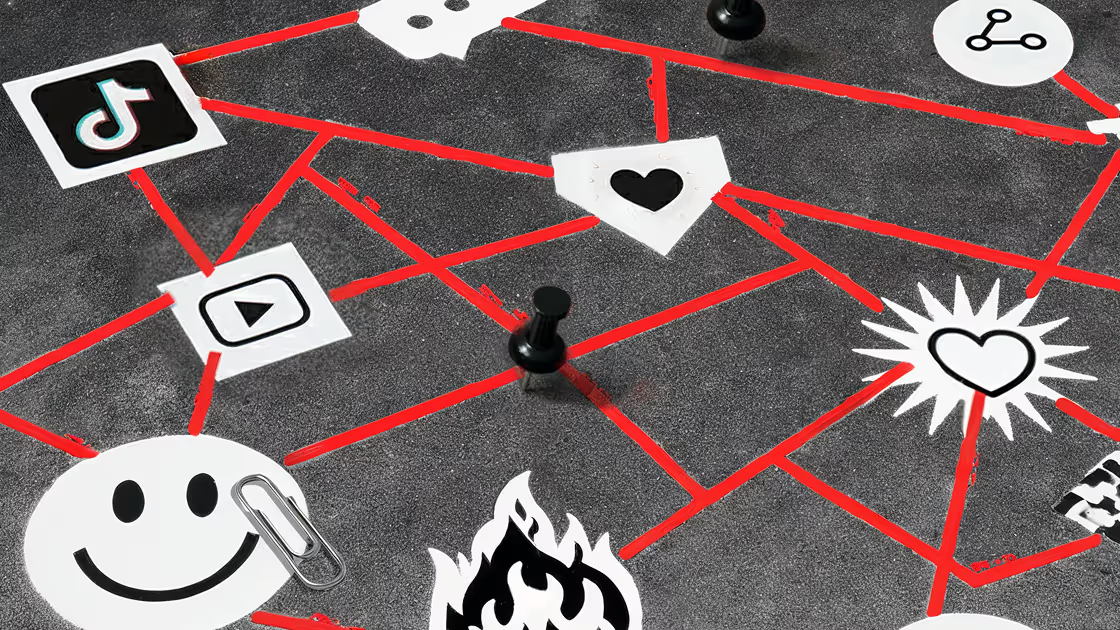

All
CRIMINAL INVESTIGATION REPORT: THE GLEEFUL DEATH OF TRADITIONAL MARKETING
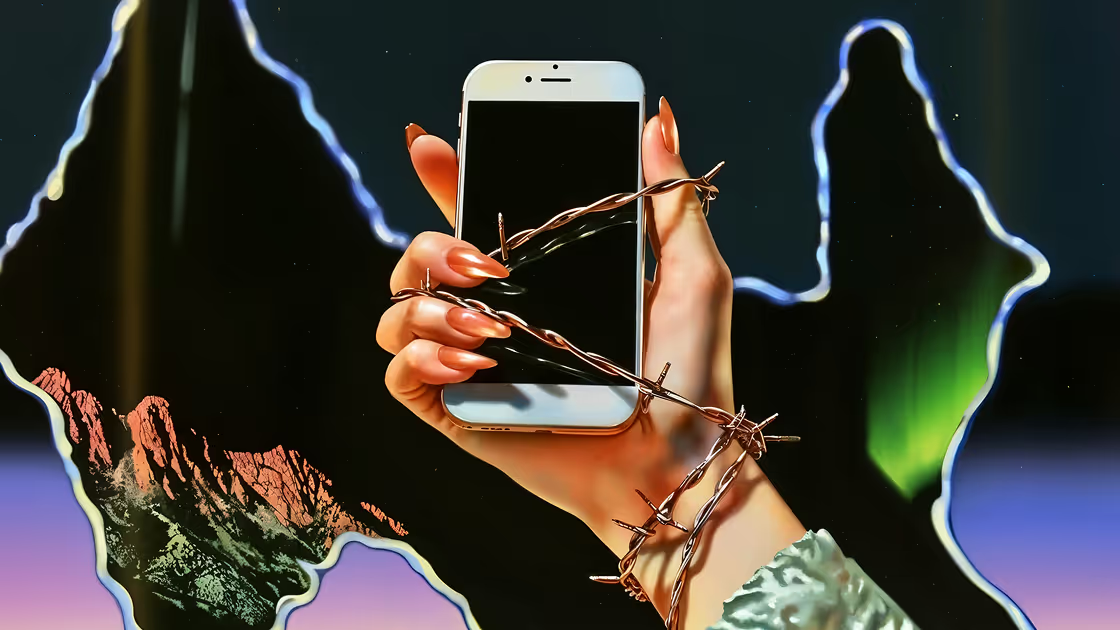

All
Hot Takes, Typos, and Total Chaos: The Secret Tactics Driving Online Engagement


All
THE DEATH MARCH OF HYPERCOLOR BALLOON SWORDS
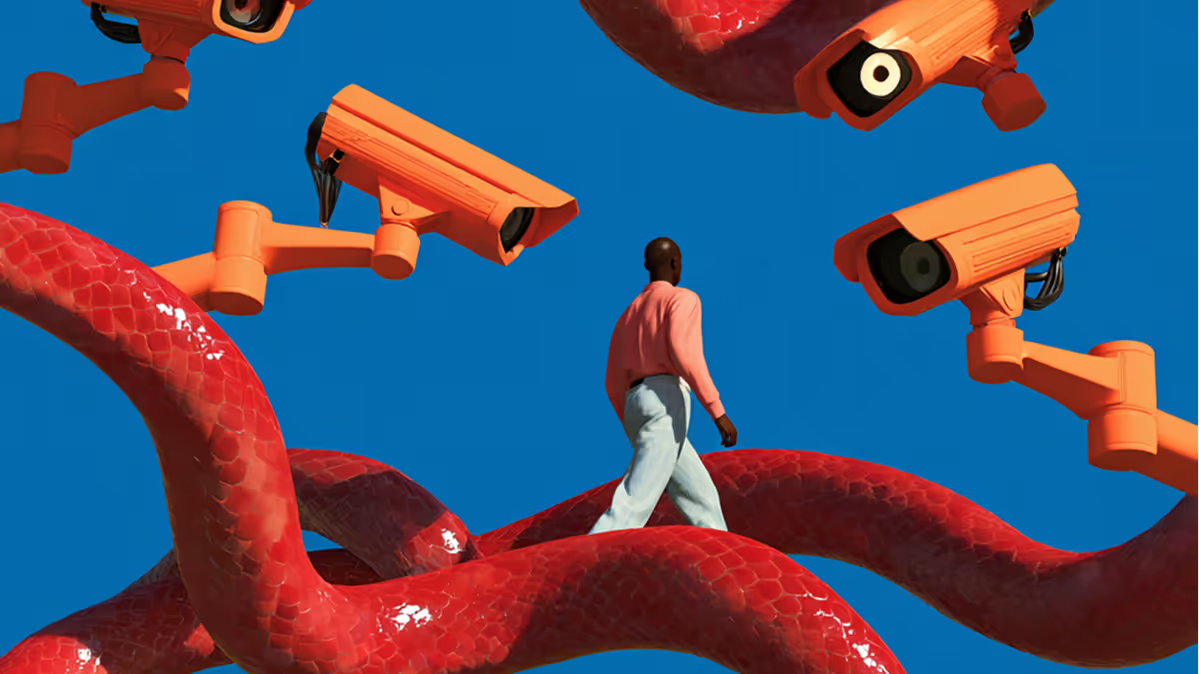

All
“They’re Watching Me”: Gang Stalking, Internet Delusions, & the Modern Mindf*ck


All
The Unripest Avocado: Nicholas Perry and the Dangers of Audience Capture


All
Branded Since Birth


All
How to not be a shitty affiliate seller, a talk with So_Narly


All
Parasocial Profit: The Unethical Underbelly of Affiliate Marketing


All
Stitch Incoming: Annie Stafford, Niche, and the Future of Fashion


All
Step right up!


All
Cooking Up a Social Media Empire


All
Right & Wrong Reasons to Expand


All
Have Influencers Peaked?


All
What’s Your Creator Fortune?


All
Mercy Kill Your Online Persona


All
Still Posting Post-Death


All
Cardboard Pizza: The Deadly Art of Losing Your Social Media Credibility


All
From Mr. Beast to Mr. Least?


All
Robots & Red Lace


All
Parental Discretion (Still) Advised


All
It’s 2024 and — Wait, Email Doesn’t Suck?


All
What’s a like on Instagram ‘worth’ in 2024?


All
A crash course in "crash course"


All
Speed sells: Why it’s important to respond lickety-split
© 2026 Manychat, Inc.
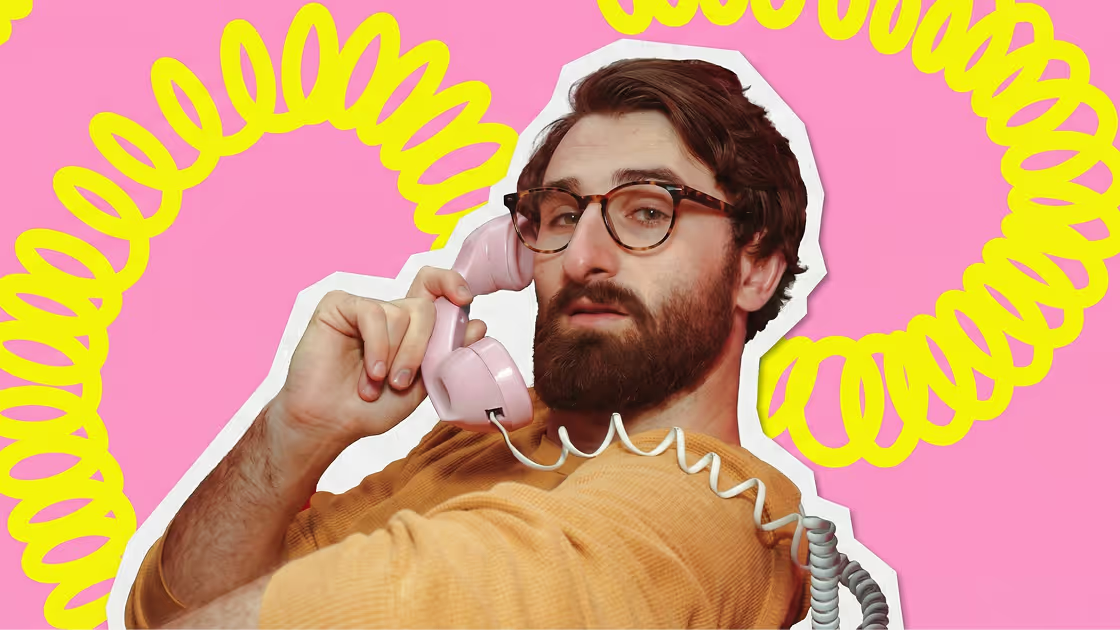
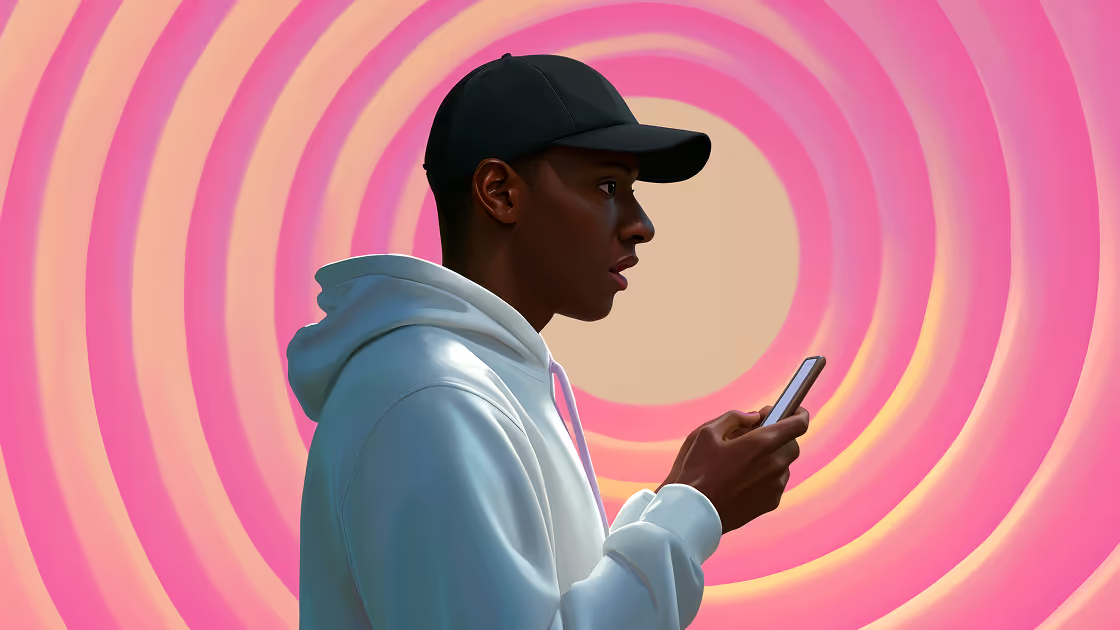


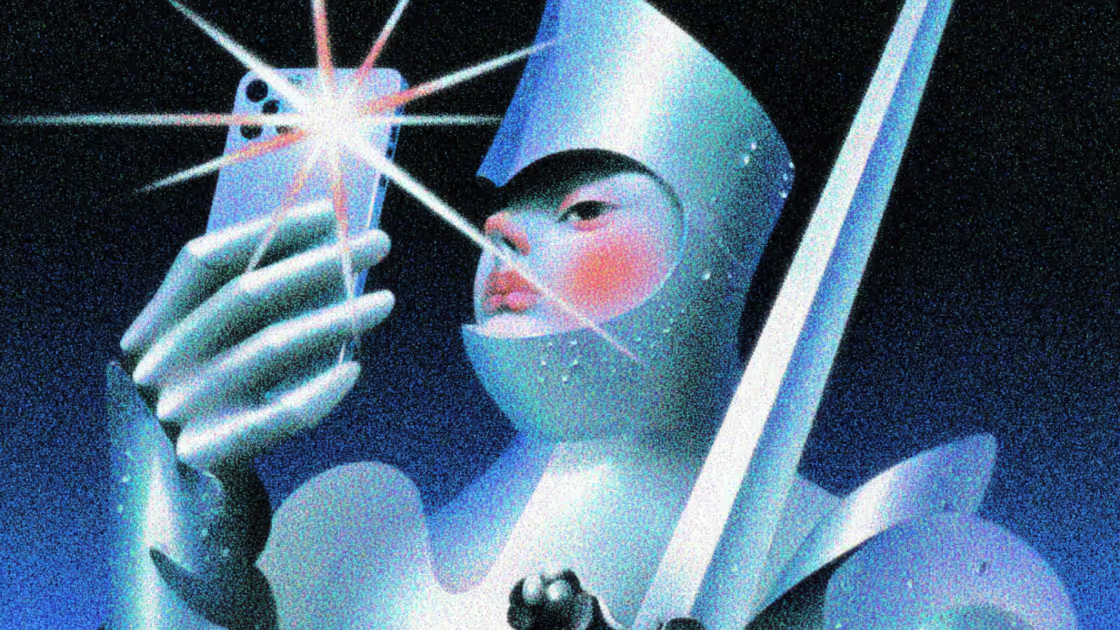
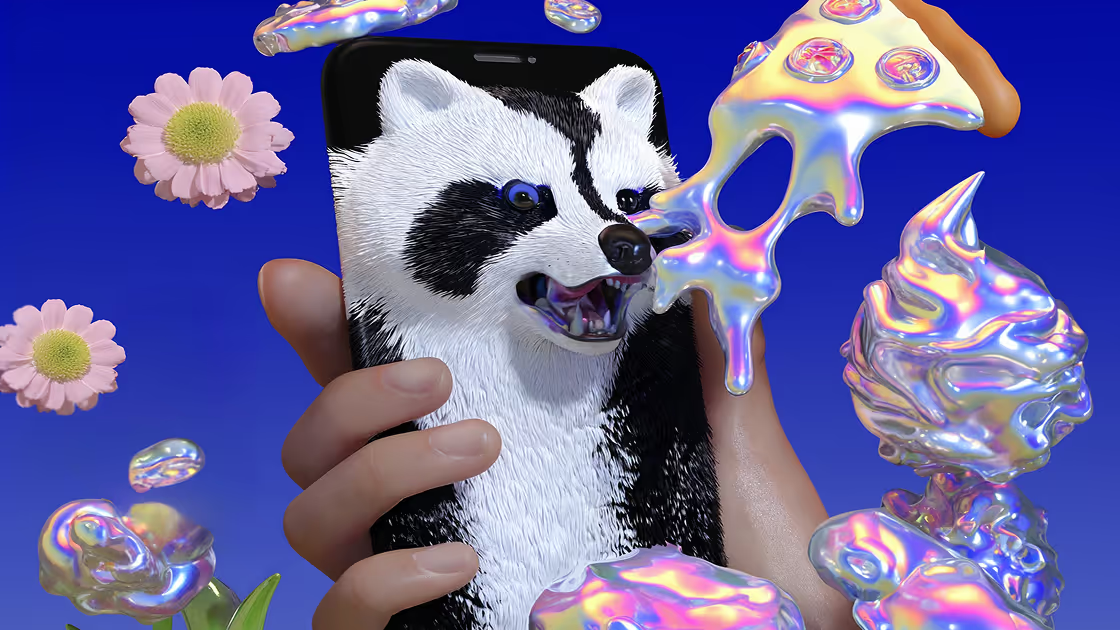
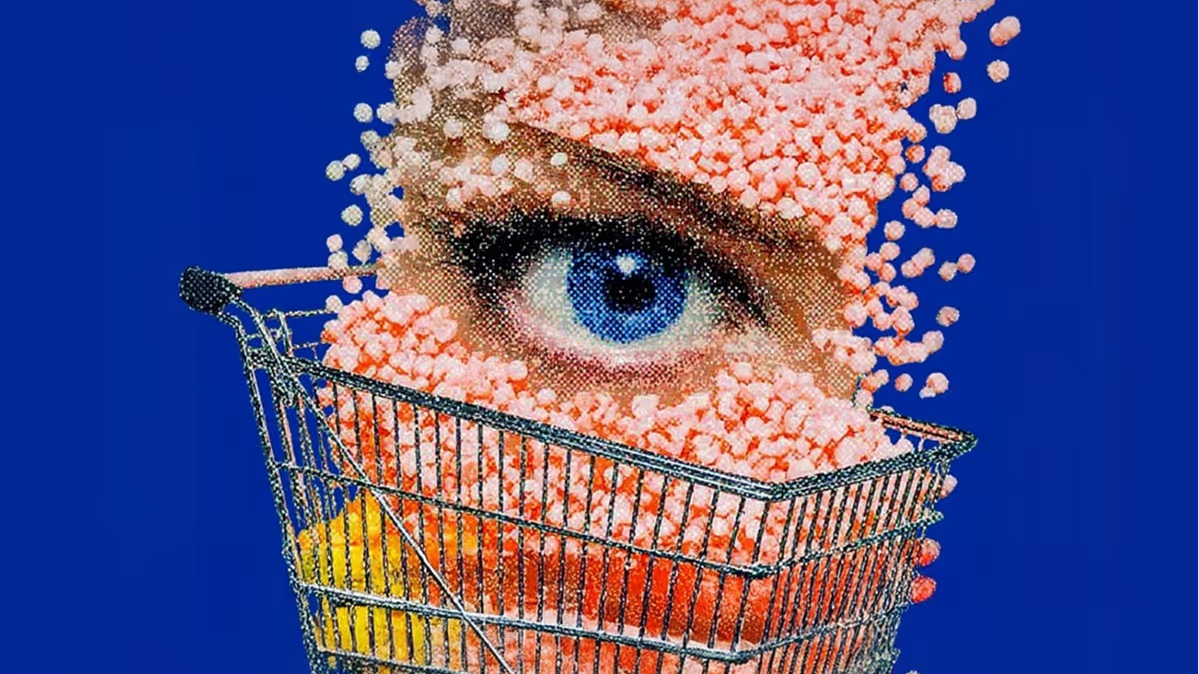
.avif)
